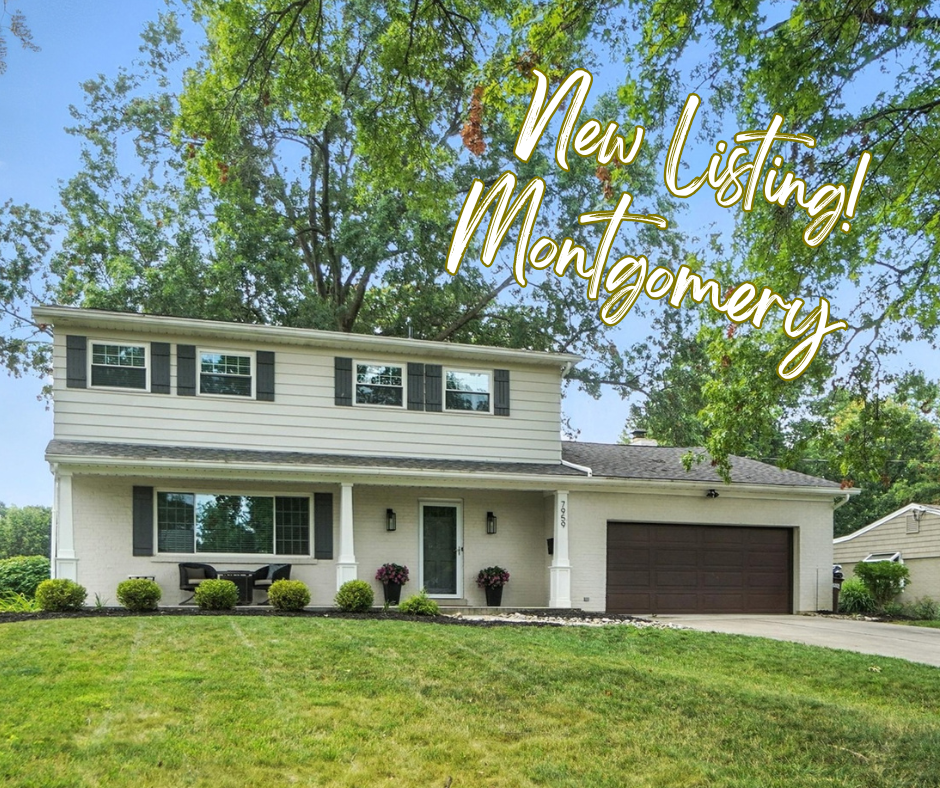Home Remodeling Upgrades to Reconsider
- Kelly Gibbs

- May 13, 2020
- 4 min read

Did you know that not all home renovations increase your property value? Yep, that’s right! Some renovations can even hurt your property value. So whether you’re looking to make improvements to reflect the latest design trend or you just want to makeover a space to make it more functional for your current lifestyle, you’ll want to make sure the changes aren’t going to hurt your property’s resale value.
There are certain upgrades homeowners invest in, assuming it will increase the value of their home, when in reality it does the exact opposite. Can you imagine spending all of this money to renovate a space in your home only to realize that not only is there little return on investment but that it could actually hurt the value of your home? If any of these are on your home project “to-do” list, you might want to reconsider whether you’re thinking of selling or just looking to update your home.
For starters, believe it or not, there is such thing as “over-improving” a home. This might shock you but it’s actually one of the most important things to be aware of when it comes to updating your home. When determining which updates to invest in, you’ll want to consider the homes in your surrounding area and be aware of what level of updates makes sense for your price range.
If you’re considering high end upgrades or features that other homes in your neighborhood don’t have, you could end up over-improving your home and be left with expensive renovations that don’t increase your value at all. On the flip side, if almost all of the homes nearby have quartz counter tops, updated baths and high end flooring, investing in similar finishes would be a smart move. You don’t want to be in a situation where your home features out-price your neighborhood or on the end where if you go to sell, you have to lower your price to reflect a lack of updates compared to everything else in your price range.
Next, you’ll want to reconsider the renovations that get “too creative”. One of the best things about home ownership is that the home is yours and you have the choice to use it the way you want to! However, sometimes homeowners get a little too creative when it comes to investing in home renovations which can hurt their home value and even decrease their pool of interested buyers when it comes time to sell.
When I say get “too creative” I’m referring to projects such as room conversions that eliminate space that the majority of people would consider a priority. Some examples include converting a garage into a master suite, a bedroom into a walk in closet or removing a closet space to make a larger bath. While it may sound like a fabulous idea to have that dreamy master bedroom you’ve always wanted or expansive walk in closet to store all of your shoes, when it comes time to sell, most buyers are going to see this as lost space. Most people want and need garages and the number of bedrooms is an important consideration for people looking for a home to fit their needs. So if you only have 3 bedrooms and you lose one to a walk in closet, it could reduce the amount of buyers interested in your home if you were to put it up for sale. If you have an extra bedroom that you don’t use and would like to turn it into a more functional space, try something less permanent such as bedroom turned home office. That way it could easily be converted back to a bedroom if needed! Make sure you reconsider any creative remodeling ideas that would use high priority space and determine if they truly makes sense for your home and future plans.
Custom home features and designs are next on the list for upgrades you might want to reconsider.
When I say custom features, I’m referring to “built in” xyz. Whether it’s a built in aquarium, media center, or desk area, it is likely that your “style” will not carry over to the next homeowners. This also refers to any kind of built in technology such as speakers or media centers. With the speed of technology, built in speakers and other electronics will likely be outdated when it comes time to sell. Plus no one wants to repair giant holes in the ceiling when they remove them for something more up to date. Try to avoid too many built-ins and instead focus on bookshelves or pieces of furniture that can at least be moved or easily swapped out if needed. There are plenty of “smart home” products that are portable and remove the need for built in technology.
If you’re getting ready to plan a room or home renovation, remember to stick to upgrades that will add value to your home and be cautious of “over-improving” for your neighborhood. Think about where you spend the most time and what additions or changes would improve that space without completely changing its function.









Comments